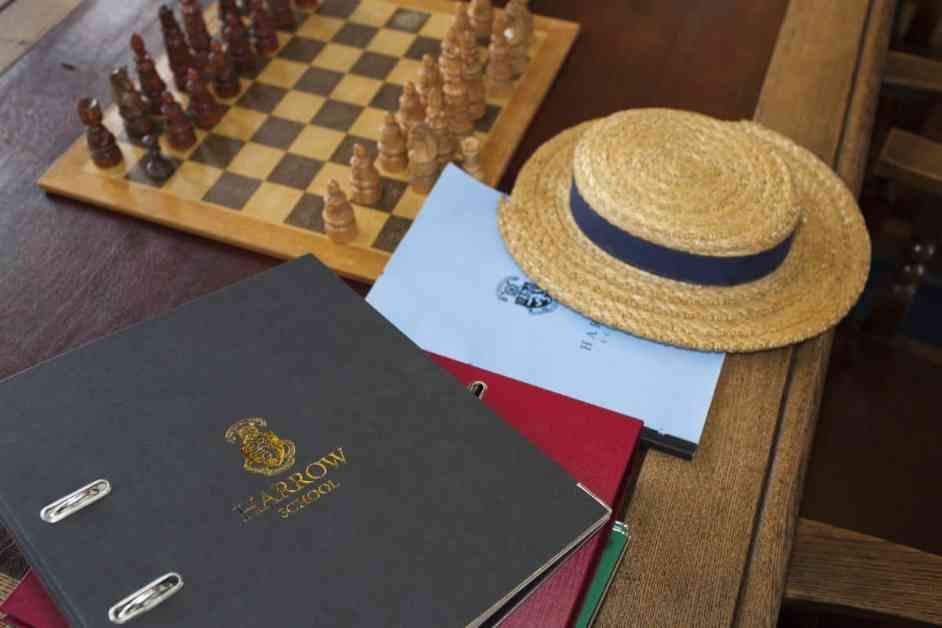VAT to be Implemented on Private School Fees Starting January
The Government has officially announced that Value Added Tax (VAT) will be charged on private school fees starting in January. The new Labour government’s decision to remove the VAT exemption and business rates relief for private schools aims to fund the hiring of 6,500 new teachers in state schools.
According to Treasury minister James Murray, a 20% VAT will be applied to private schools in the UK from January 1. This change will also affect pre-payments of fees for terms beginning in the new year. However, Murray assured that pupils with the most acute special educational needs, whose needs can only be met in private schools, will not be impacted.
The removal of the VAT exemption has raised concerns about a potential increase in private school fees, which could lead to students transitioning to the state school system. Private schools fear that this policy will have a significant impact on students and staff, with some schools facing the risk of closure, as mentioned by the headteachers’ union.
The Association of School and College Leaders (ASCL) expressed concerns about the timing of the implementation, stating that introducing such a change in the middle of an academic year could cause additional disruption. Independent schools currently benefit from an exemption on VAT for educational services.
In addition to the VAT implementation, the Government plans to eliminate private schools’ eligibility for charitable rates relief under business rates in England from April. However, consideration will be given to cases where private school provision has been specified for pupils through an education, health, and care plan (EHCP) for children with special educational needs and disabilities (Send).
Treasury minister James Murray emphasized the Government’s commitment to addressing unfairness in the tax system and generating revenue for public services by closing loopholes and combating tax avoidance. The move is part of the Government’s efforts to ensure fairness in the tax system and raise funds for public services.
Sara Tanton, deputy director of policy at the ASCL, stressed the importance of fully modeling and consulting on the policy to understand its implications before its implementation in January. She highlighted that the policy alone would not resolve the funding crisis in schools and colleges, which requires a significant increase in core funding.
Julie Robinson, chief executive of the Independent Schools Council (ISC), raised concerns about the potential disruption to thousands of children’s education due to the unprecedented tax. She pointed out that the tax would add pressure on state schools, the already-strained Send system, faith provision, specialist arts education, and military families.
In conclusion, the decision to implement VAT on private school fees starting in January has sparked concerns among private schools and education leaders. The impact of this policy on students, staff, and school operations remains a subject of debate, with stakeholders urging the Government to consider the broader implications before its enforcement.












